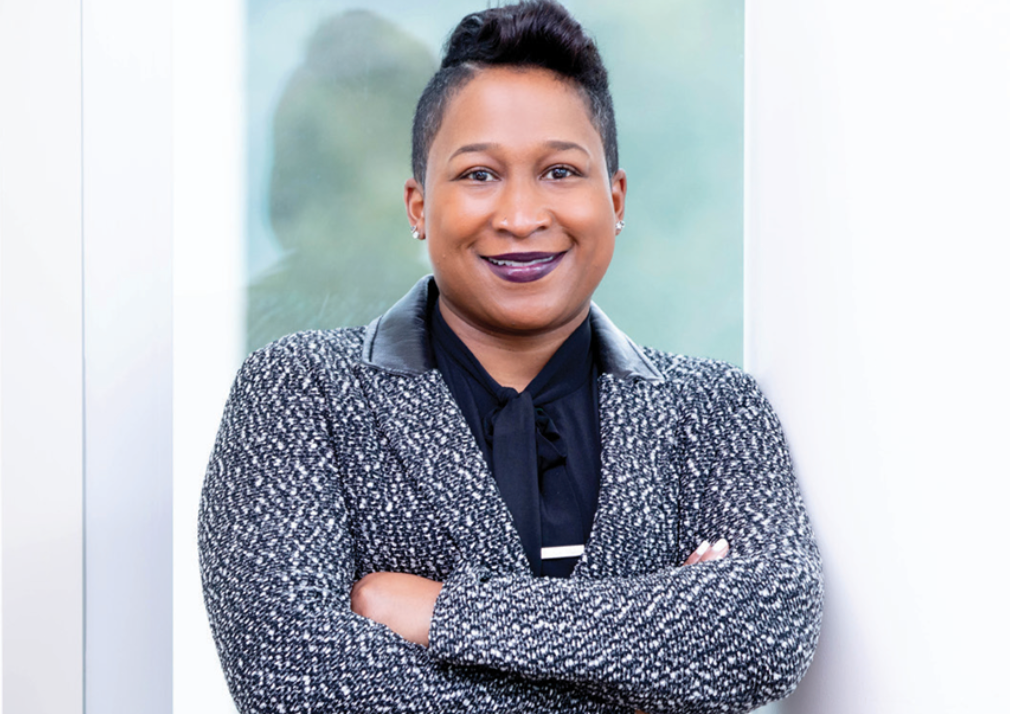Gettysburg College Hosts Sixteenth Annual Derrick Gondwe Memorial Lecture

Speaker Dr. Kristen Broady, a Fellow at the Brookings Public Policy Program and a Professor of Financial Economics at Dillard University, is pictured.
By Vanessa Igras, Staff Writer
On Thursday, Oct. 7, Gettysburg College students gathered to attend the Sixteenth Annual Derrick Gondwe Memorial Lecture on Social and Economic Justice. This year’s lecture featured Dr. Kristen E. Broady, a Professor of Finacial Economics at Dillard Univerity.
In her discussion of the jobs at risk of automation in the age of Covid-19, Broady illustrated the disproportionate impact this has on communities of color.
Broady said, “as much as people don’t want to believe that automation is happening— it’s happening.”
To introduce this concept, she recounted a brief story about her airport experience. She entered a fast-food restaurant in the airport and did not speak to a cashier; rather, she used a kiosk to order. Broady asked rhetorically, “what happened to the cashiers that asked people for their orders?”
Broady then explained that automation is the use of nanotechnology and automotive equipment in the system of manufacturing and producing goods or services. Her research showed that some jobs have risks up to 97% of becoming automated.
With this statement, she pointed out that, “Black and Latino workers are overrepresented in the very jobs that are at the highest risk of becoming automated.”
With this divergence in the job market, Broady said that society is experiencing another scenario where certain communities are at the greatest risk of losing their jobs. Without proper action, more harm will be done to these communities.
Broady posed the question, “what is the point of what we’re doing as professors if we are not best preparing our students for the changing job demographics?”
In her proposal for better preparing the current and future members of the workforce, Broady argued that colleges and universities need to better adapt their curriculums to suit the rapid developments in a variety of job sectors.
Broady argued that it is the job of educational institutions to emphasize critical thinking in the classroom and to guide students to major in fields that will exist in the next few years. According to Broady, educators have the power to stop students from entering jobs at high risk of becoming automated. This is especially crucial for students of color.
